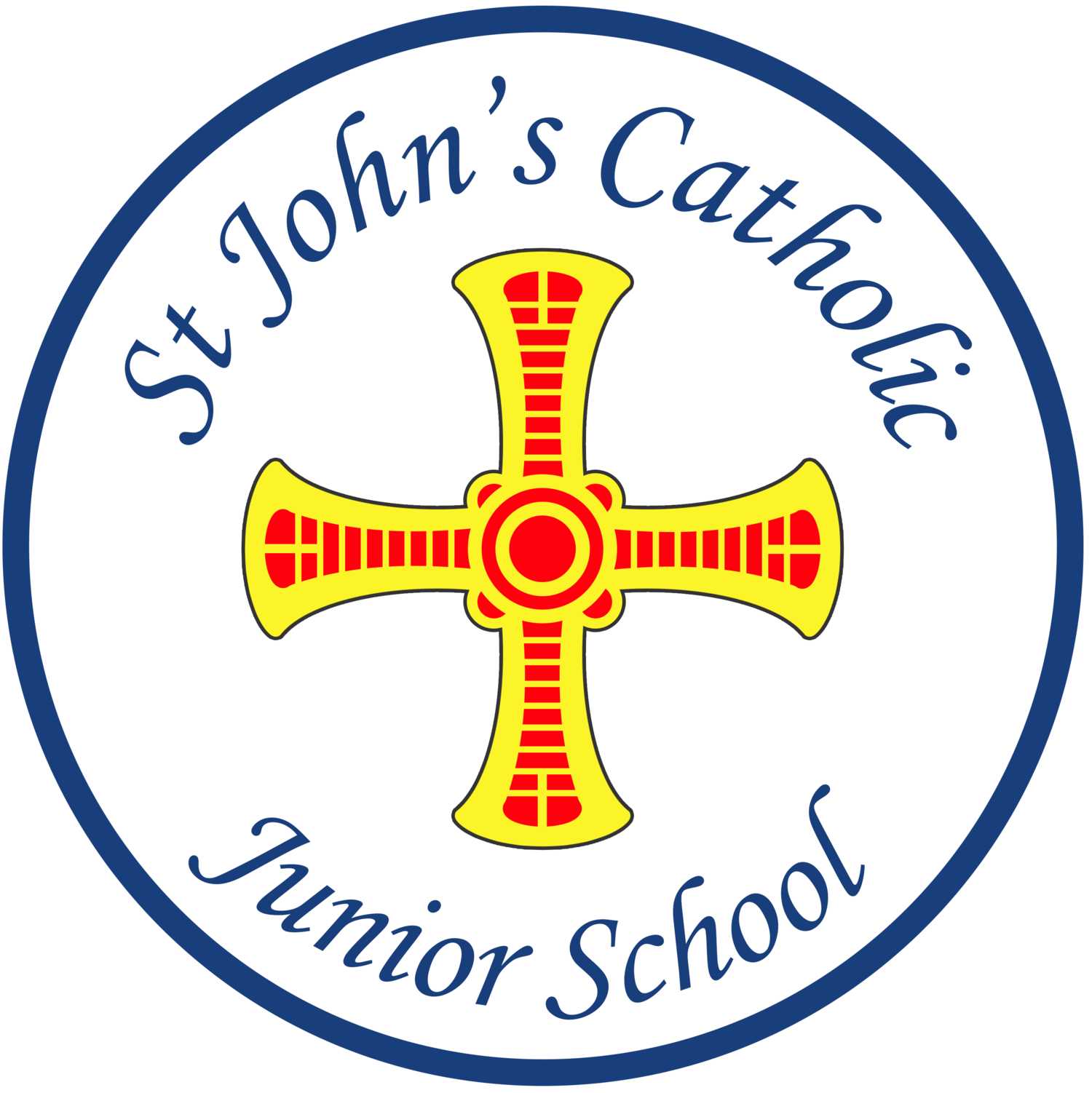
Music
Music
at St. John’s Junior School
“Music is the universal language of mankind”
(Professor Henry Wadsworth Longfellow)
The school has adopted the National Curriculum for Music as defined by the Department for Education.
The National Curriculum for Music aims to ensure that all pupils:
perform, listen to, review and evaluate music across a range of historical periods, genres, styles and traditions, including the works of the great composers and musicians;
learn to sing and to use their voices, to create and compose music on their own and with others, have the opportunity to learn a musical instrument, use technology appropriately and have the opportunity to progress to the next level of musical excellence;
understand and explore how music is created, produced and communicated, including through the inter-related dimensions: pitch, duration, dynamics, tempo, timbre, texture, structure and appropriate musical notations.
Music is a universal language that embodies one of the highest forms of creativity. A high quality music education should engage and inspire pupils to develop a love of music and their talent as musicians, and so increase their self-confidence, creativity and sense of achievement. As pupils progress, they should develop a critical engagement with music, allowing them to listen, appraise and perform with increasing confidence and appreciation.
We use Charanga Music School Programme, to support teaching and learning at St John’s Junior School. It is based on a holistic approach, which encompasses the related skills of playing, singing, listening and creating music. Skills are continually revisited and built upon throughout the learning episodes and as they progress throughout Key Stage 2, resulting in deeper and richer musical outcomes. The History of Music threads contextually throughout the scheme focusing more on the great classical composers in a ‘Reflect, Rewind and Replay’ unit at the end of each year. The children get the opportunity to listen and appraise Early to Contemporary Music.
















